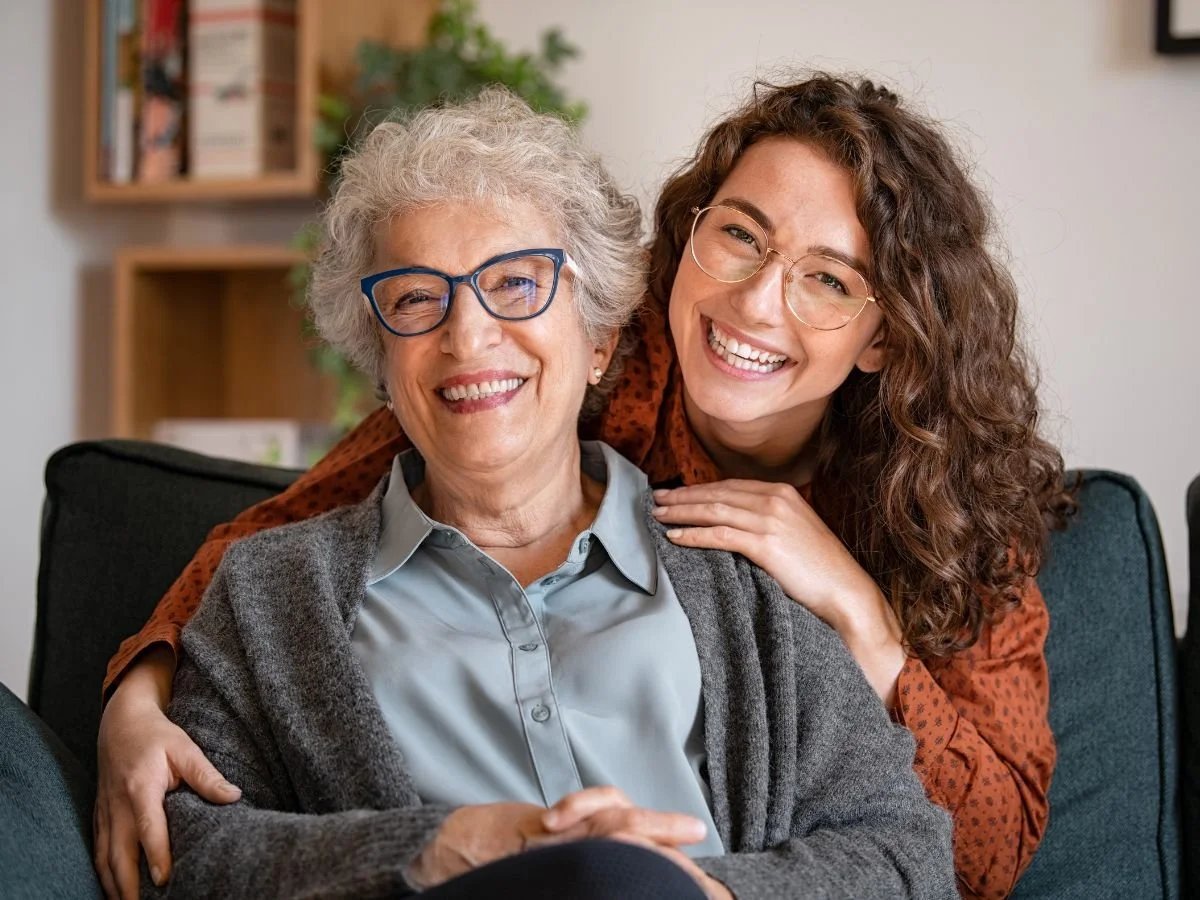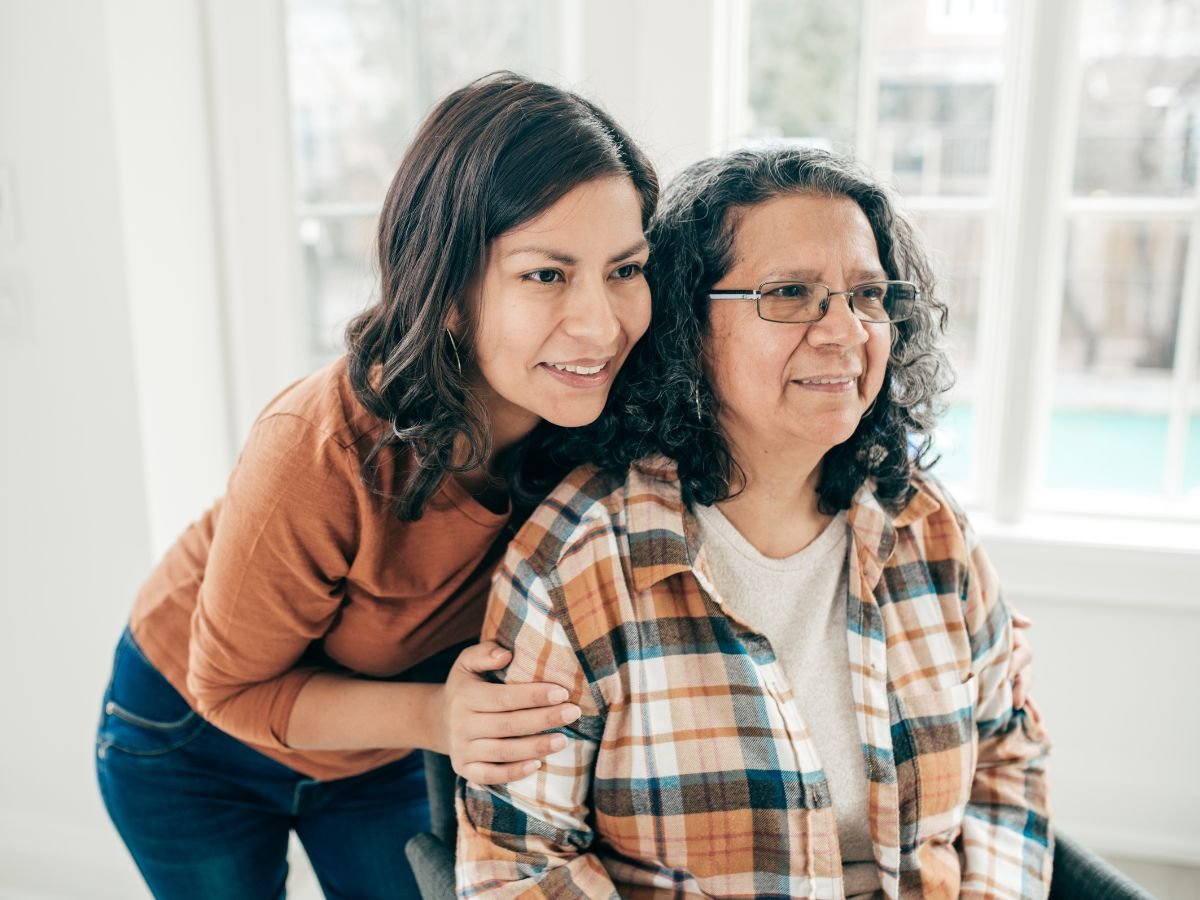
Housekeeping for Senior Care and How It Supports Aging Parents
Caring for an elderly parent goes beyond medical support—it also includes creating a clean, safe, and comfortable living environment. Light housekeeping for elderly individuals is an essential part of caregiving that helps maintain hygiene, reduces fall risks, and promotes overall well-being. When combined with companion care for seniors, a tidy home can greatly enhance their quality of life.

The Emotional and Mental Benefits of Reminiscing Activities for Seniors
Reflecting on past experiences as we age can be a powerful way to boost emotional well-being and strengthen connections with loved ones. Reminiscing activities offer seniors the opportunity to share cherished memories, relive significant moments, and reinforce their sense of identity.

How to Help with Senior Forgetfulness and Confusion
Forgetfulness is a natural part of aging, but when memory lapses become frequent or start interfering with daily life, it can be concerning for both seniors and their families. Whether it’s misplacing items, forgetting names, or struggling to recall recent conversations, senior forgetfulness and confusion can impact independence and quality of life.

How to Minimize Senior Bathroom Hazards and Improve Safety
The bathroom is one of the most hazardous areas in the home for seniors. Slippery floors, poor lighting, and hard surfaces increase the risk of falls and injuries. Minimizing health risks for seniors in the bathroom is essential for maintaining their independence and well-being. Whether your loved one lives alone or has a caregiver, creating a safer bathroom environment should be a top priority.

How Does Art Therapy Benefit Seniors with Cognitive Decline
Cognitive decline can be a challenging journey for both seniors and their families. As memory fades and daily tasks become more difficult, finding meaningful ways to engage seniors becomes increasingly important.

Essential Questions to Ask When Hiring a Homecare Service Provider
Finding the right homecare service provider for your loved one is an important decision that requires careful consideration. Whether you need assistance for a senior recovering from surgery, a loved one with dementia, or simply extra support with daily activities, asking the right questions ensures that you choose a quality in-home care in Canada that meets your family’s needs.

How Seniors Can Build and Maintain Meaningful Friendships
Friendships play a crucial role in overall well-being at any stage of life, but they become even more essential as we age. Social connections help combat loneliness, boost mental health, and improve the quality of life for seniors.

How to Balance Work, Life, and Caring for an Elderly Parent
Caring for an elderly parent while juggling work and personal responsibilities can feel like an impossible task. The emotional, physical, and mental demands of caregiving can leave you exhausted, and without the right approach, it’s easy to feel overwhelmed.

Why Seniors May Struggle with Balance and How to Improve Stability
Maintaining balance is essential for senior mobility and independence, yet many older adults find themselves struggling with stability as they age. Loss of balance can lead to falls, which are one of the leading causes of injury among seniors.

10 Engaging Activities to Keep Seniors Mentally Stimulated
Keeping seniors mentally engaged is just as important as maintaining physical health. As we age, cognitive stimulation plays a crucial role in maintaining memory, focus, and overall well-being.

How to Manage Medical Needs and Appointments for Seniors
As seniors age, managing medical needs becomes increasingly complex. From routine check-ups to medication schedules and specialist visits, keeping track of everything can be overwhelming for both seniors and their caregivers.

What to Do If Your Elderly Parent Does Not Like Their Caregiver
Finding the right caregiver for an elderly parent can be a challenge, especially if they’re resistant to accepting help. It’s not uncommon for seniors to feel uneasy with a new caregiver, whether due to personality differences, fear of losing independence, or simply discomfort with change.

Understanding Common Hearing Problems for Seniors and How to Help
Hearing loss is a common challenge among seniors, yet it often goes unnoticed or unaddressed. Over time, difficulty hearing can lead to frustration, social withdrawal, and even cognitive decline.

How Respite Care Can Help Family Caregivers Recharge
Caring for a senior loved one is a significant role, but it can also be physically and emotionally exhausting. Family caregivers often devote so much time to their loved ones that they neglect their well-being.

Understanding Sundowning in Seniors and How to Manage It
Sundowning is a term used to describe the late-day confusion and agitation often experienced by seniors with dementia or Alzheimer’s disease. This condition presents unique challenges for both individuals and their caregivers, making dementia care for seniors more complex.

How to Share Caregiving Responsibilities Among Family Members
Caring for elderly parents or loved ones is a responsibility that often falls on one family member, leading to emotional and physical strain. However, caregiving should be a shared effort among family members, ensuring the load is balanced and everyone feels involved.

The Importance of Hydration for Seniors and How Caregivers Can Help
Staying hydrated is essential at every stage of life, but it becomes even more critical as we age. Seniors are more susceptible to dehydration due to changes in body composition, reduced thirst sensation, and certain medications or health conditions.

The Best Outdoor Activities for Seniors to Stay Active
Staying active is crucial for seniors to maintain their physical and emotional well-being. Outdoor activities offer fresh air, sunshine, and the chance to move comfortably, supporting physical health and mental clarity.

What Are the Early Signs of Depression in Seniors
Maintaining emotional and mental health as we age becomes a cornerstone of overall well-being, directly impacting our quality of life. While aging often brings new opportunities for reflection and growth, it also comes with significant life transitions that can take a toll on mental health.

How to Navigate Caregiver Guilt and Prioritize Well-Being
Caregiving is an act of love and dedication, but it can also bring immense emotional challenges, including guilt. Many caregivers struggle with feelings of inadequacy, self-doubt, or guilt over prioritizing their own needs.

